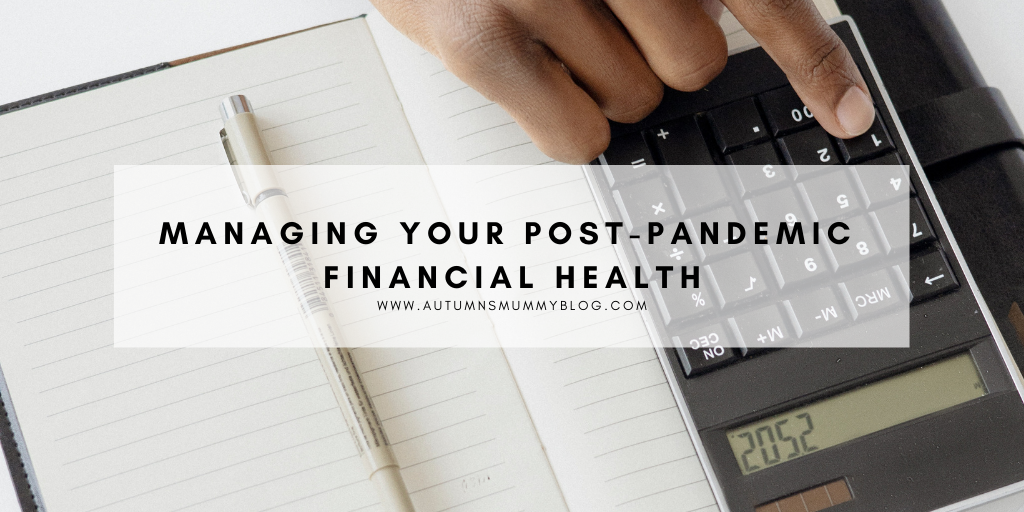Collaborative Post¦ Many businesses have been able to manage activities through the pandemic by introducing remote working environments for their staff, customers, and suppliers. Unfortunately, if your business couldn’t make it work remotely, you might have found yourself out of a job for an extended period of time. Being on furlough doesn’t guarantee you can recover your full salary, which is why many individuals who were still employed during the pandemic might be facing debt.
Self-employed professionals have found it hard to make ends meet as governmental grants were not always sufficient to replace your post-pandemic income.
Added to this is the ever-rising cost of living. With trade barriers in place, increased shipping costs and good shortages, and soaring energy and petrol prices the cost of living is going up around the world; impacting the finances of everyone. Even savvy investors are feeling the pinch and wondering “why is coinspot so expensive?” so are now researching for more cost-effective currency exchange options when trading!
So what can you do to speed up the recovery process when the pandemic has badly hit your finances?

Unsplash – CC0 Licence
Budget everything
The first rule for recovering financial losses is to create a realistic and reliable budget. Your budget starts a breakdown of the money inflow and outflow in your household. It’s hard to be realistic, but ideally, you don’t want to leave any expenses out of your budget spreadsheet (and yes, that includes coffee on the go and other purchases that typically don’t make it on the list). This will be your reference for all saving strategies. You can identify areas where you are spending more than you should; easy to correct. You can also create an additional expense column dedicated to debt repayment. This simple approach can also give you back control of your finances in paving the way for a recovery plan.
Don’t let bad credit stop you
If you’ve been forced to rely on your credit card during the pandemic, chances are your credit score has probably dropped a lot as a result. A bad credit score will affect your future financial decisions. However, it should not prevent you from making essential purchases. Indeed, many dedicated solutions such as car finance poor credit focused plans can ensure that your credit score doesn’t become a hindrance. For example, suppose you need to change your vehicle: A new car will bring reliability and safety for everyday commutes. It might seem like unnecessary extra expenses; however, a new car is likely to be more cost-effective than your old vehicle. In the long term, you’ll be saving money by buying a car now rather than waiting until you can afford to pay cash. The same principle applies to other purchases, such as change of furniture and new tech devices, which is why you can find helpful finance plans.

Can you afford to relocate?
Relocation may seem like an unusual idea to recover from debt. However, if your job supports relocation or if you are willing to begin anew elsewhere, it can be a good idea to move into a cheaper area. Despite the inflation, there are still many regions in the UK that offer low living costs. Doncaster, County Durham, and Sandwell rank among the cheapest areas to buy a house in the UK. If you consider selling your property to finance your fresh start elsewhere, you might even be able to pay off your debt in full or partially with the remaining profits.
In conclusion, it’s high time to take your financial health in hand. There is no denying that government grants and support may come back into play to help the British public. However, the current economic situation means it’s unlikely to drive individual financial health. Instead, you can be creative by focusing on essential savings and purchases and thinking outside the box to transform your budget for the best.
Disclosure: This is a collaborative post.
